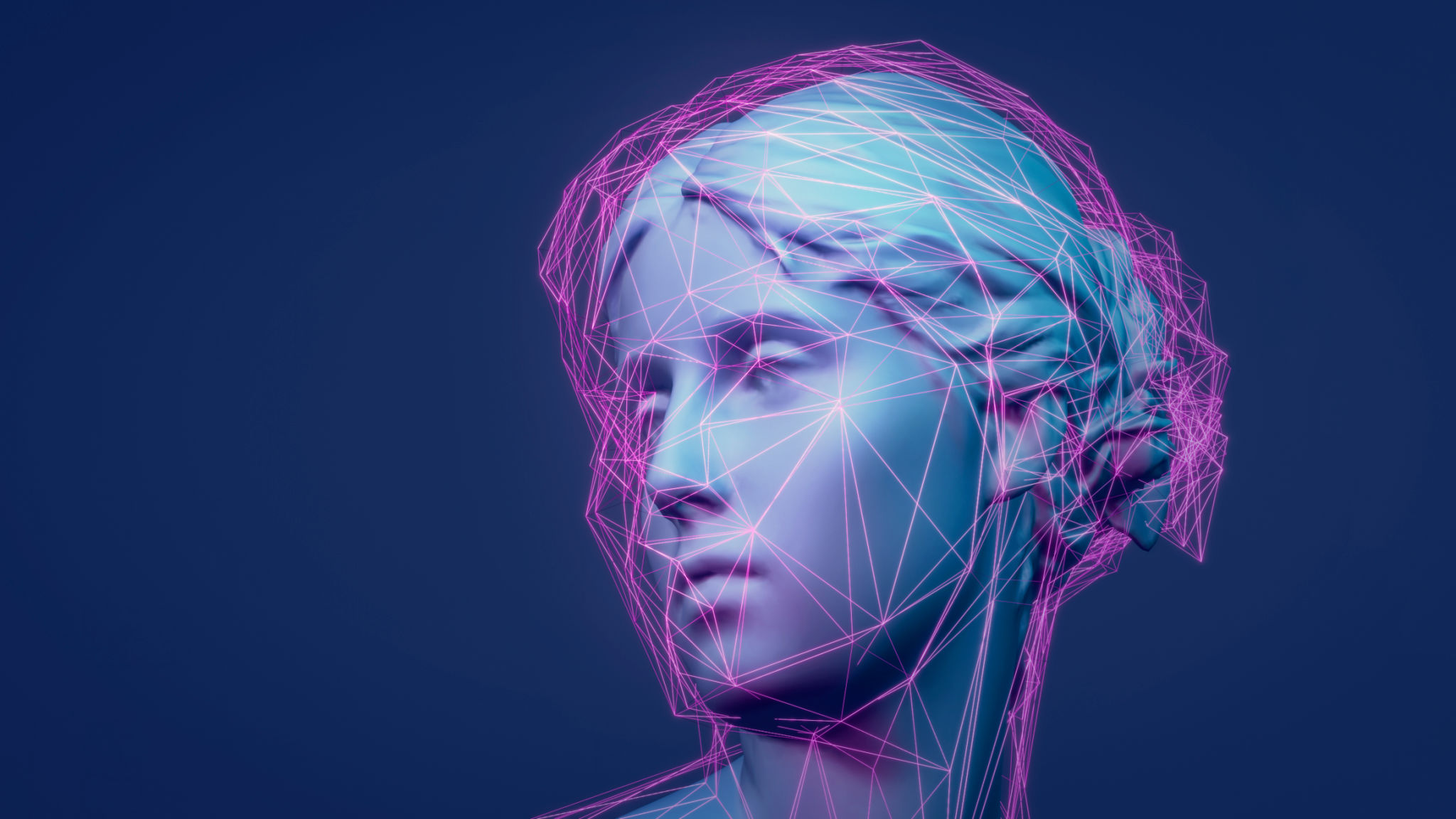Common Misconceptions About AI: Debunked
DW
Understanding AI: Beyond the Myths
Artificial Intelligence (AI) is one of the most transformative technologies of our time, yet it is also surrounded by a cloud of misconceptions. These misunderstandings can hinder the adoption and integration of AI solutions in various industries. In this blog post, we'll debunk some of the most common myths about AI.

AI Will Replace All Jobs
A prevalent fear is that AI will lead to widespread unemployment by replacing human jobs. While AI can automate certain tasks, it also creates new opportunities and roles. Many industries are seeing a shift rather than a reduction in employment. AI systems often take over repetitive tasks, allowing humans to focus on more complex and creative work.
AI can be seen as a tool that augments human capabilities rather than a replacement. For instance, in healthcare, AI assists doctors by analyzing data and suggesting diagnoses, but it cannot replace the nuanced judgment of a skilled physician.
AI Is Infallible
Another common misconception is that AI systems are perfect and devoid of errors. In reality, AI models are only as good as the data they are trained on. Biases in data can lead to biased outcomes, and without proper oversight, AI can make mistakes. It is crucial for developers to ensure that AI systems are continuously monitored and refined.

AI Has Human-Like Emotions
The portrayal of AI in movies and media often leads people to believe that AI systems have feelings or consciousness. However, current AI technology does not possess emotions or self-awareness. AI systems operate based on algorithms and do not experience emotions like humans do.
This misconception can create unrealistic expectations about the capabilities of AI, causing frustration when these expectations are not met. Understanding the limitations of AI helps in setting realistic goals and leveraging its strengths effectively.
AI Can Understand and Process Context Like Humans
Although AI has made significant strides in natural language processing, it cannot fully grasp context like humans. AI systems analyze patterns and make predictions based on data, but they lack the inherent understanding of cultural nuances and contextual subtleties that humans possess.

AI Development Is Only for Tech Giants
Many believe that only large technology companies have the resources to develop and implement AI solutions. However, with advancements in technology and the availability of open-source tools, businesses of all sizes can leverage AI. Small and medium enterprises are increasingly adopting AI to enhance their operations and gain competitive advantages.
AI democratization means that more organizations have access to powerful tools that were once exclusive to tech giants. This shift is driving innovation across various sectors.
The Path Forward
By debunking these misconceptions, we hope to encourage a more nuanced understanding of what AI can and cannot do. As AI technology continues to evolve, it is essential to stay informed and engage with it critically. Embracing AI with a clear perspective opens up possibilities for innovation and efficiency across industries.